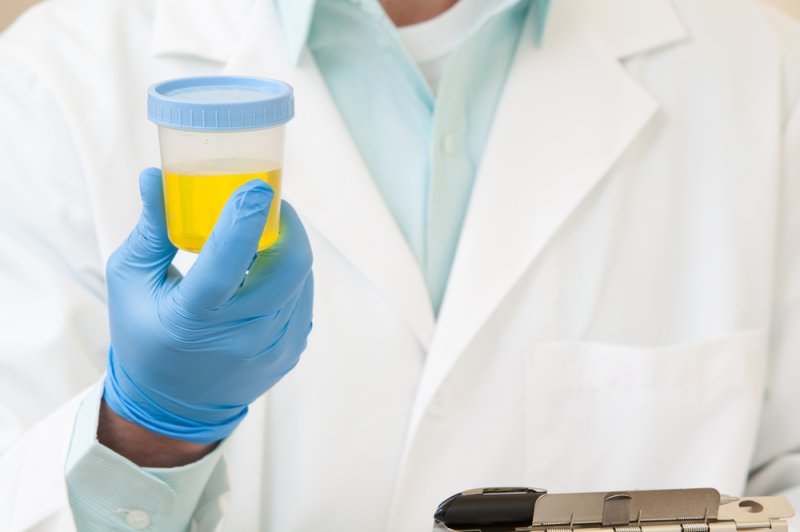A new study revealed Friday at the European Association of Urology annual meeting in Milan, Italy, suggested that detecting genetic abnormalities in urine could aid in the early detection of bladder cancer years before symptoms appear.
The International Agency for Research on Cancer’s Florence Le Calvez-Kelm, the study’s principal author, stated in a news release that the diagnosis of bladder cancer depends on pricy and intrusive procedures like cystoscopy, which requires putting a camera into the bladder.
“Having a less invasive urine test that might accurately detect and even foretell the possibility of developing cancer years in advance could assist to spot more tumors at an early stage and save needless cystoscopies in healthy patients,” the study authors write.The American Cancer Society predicts that this year in the United States, there will be more than 82,000 new instances of bladder cancer and around 16,700 deaths. Early detection and treatment of bladder cancer are essential for survival from the disease.
Le Calvez-Kelm oversaw the examination of the UroAmp test, a urine test created by Convergent Genomics, a business that was spun off from the Oregon Health Science University, by researchers in France, Iran, and the United States.
To focus on abnormalities in just 10 genes, researchers modified the test, which previously detected alterations in 60 genes.
The new test, according to the report, was applied to analyze urine samples from a 10-year Iranian study that monitored the health of 50,000 participants. Along with samples from 98 additional individuals serving as controls, urine samples from 29 patients who acquired bladder cancer during that time were examined.Le Calvez-Kelm oversaw the examination of the UroAmp test, a urine test created by Convergent Genomics, a business that was spun off from the Oregon Health Science University, by researchers in France, Iran, and the United States.
To focus on abnormalities in just 10 genes, researchers modified the test, which previously detected alterations in 60 genes.
The new test, according to the report, was applied to analyze urine samples from a 10-year Iranian study that monitored the health of 50,000 participants. Along with samples from 98 additional individuals serving as controls, urine samples from 29 patients who acquired bladder cancer during that time were examined.





